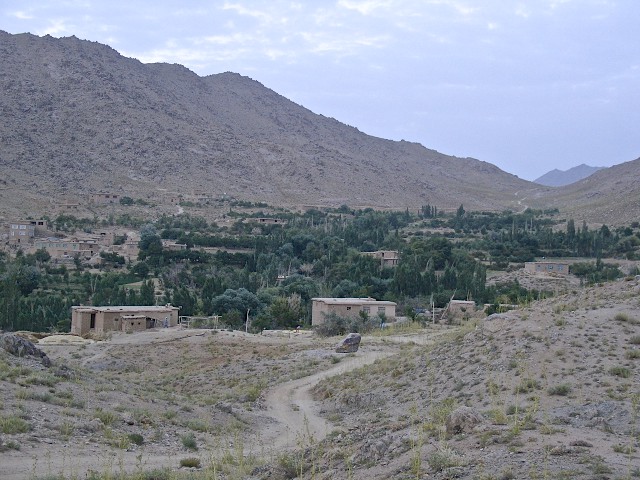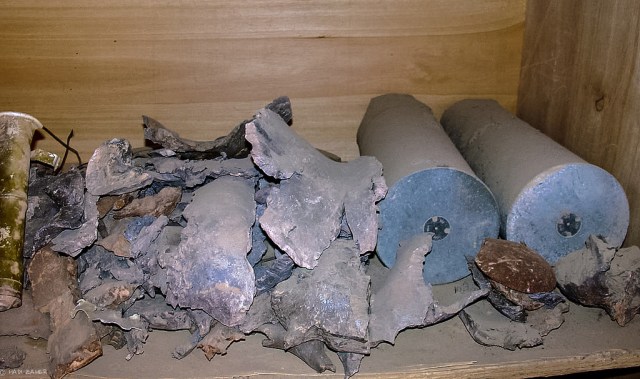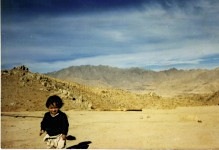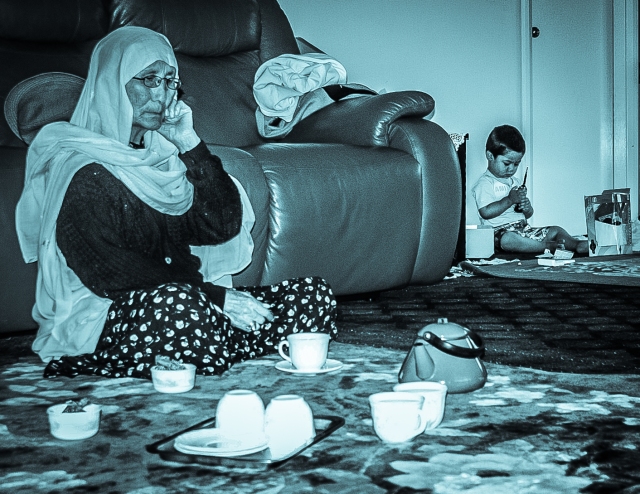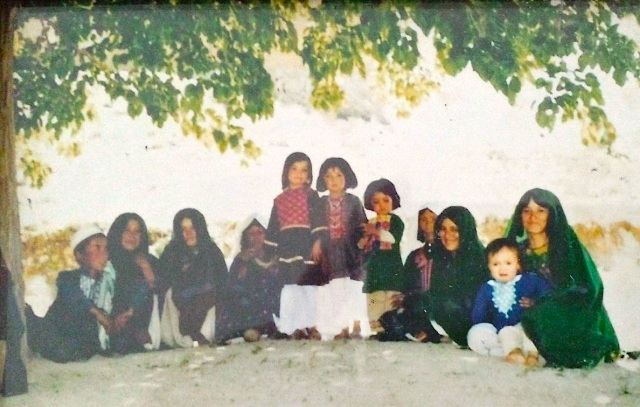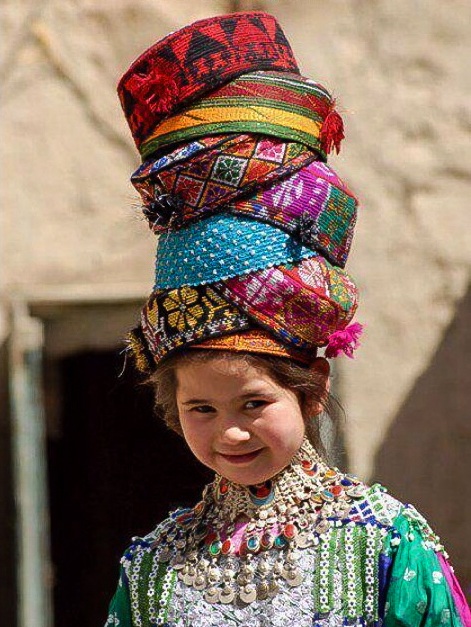We did not have your colourful iron and plastic containers at that time. We had mashk – water bag – and it was made out of animal skin, usually a goat or a calf’s. Sheep skin is a little too soft and does not make good mashk. In it we carried water from the spring and stored it. In it we stored doogh – yoghurt beverage. And it also gave us butter. We filled it with yoghurt and water, and shook it for two hours, may be more, and only then the butter separated from the water. It was easier in the cold weather and qiyamat – apocalypse – in the summer. It was also good exercise. haha.
The goat or the calf was skinned such that there are tears on the legs and on the neck only. All the organs and bones are pulled out of the neck cut. That skin is cleaned and then kept buried under ash until the hair can be seen falling off. Once the hair begins to fall, the skin is the shaved under running water. It was very important for the skin to be cleared and cleaned without damaging it. Then it was ready for the next step. The skin was white at this stage. Freshly cut roots of an apricot tree was then crushed, and the powder used to prepare a paste of red dye, which is used to dye the skin natural red. The cuts in the legs and around the neck are then sewn shut such that the stitch is neat and plain. The legs are respectively tied up to hang the mashk from a theerband – wooden hanging bar. It was ready.
Yoghurt was poured through the cut in the neck area. It was tied shut, and then shaken back and forth repeatedly for about two hours or three hours or more until the butter could be seen floating. If I did not see any chunks of butter, I poured a little warm water, not hot water, into the mashk, and then kept shaking it again. And that sound of liquid being shaken back and forth went on and on.
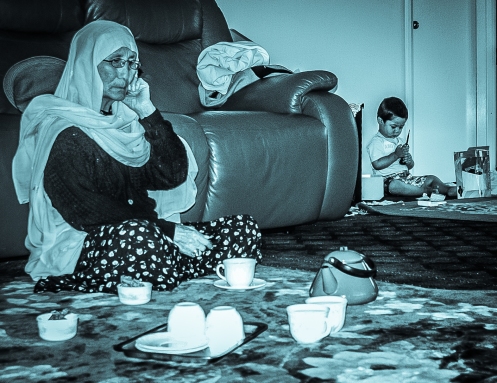
You were a baby and you sat there until the butter was ready and out. I left two or three pieces of butter on a plate for you to devour in a moment. Once full, you then crawled down to your aunty Zia Gul’s house, and ate even more butter there.
There were days when there was no butter, and that made you cry: Patheermaal qad aaw mookhroom – I want traditional bread and water.
